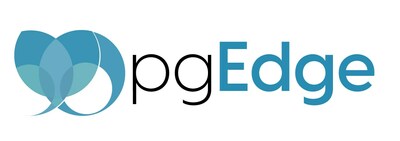pgEdge announces support for multiple Postgres versions, including PostgreSQL 16 (Beta 1)
Allows for zero downtime maintenance for Postgres version upgrades
pgEdge currently supports PostgreSQL versions 16 beta 1, 15.3 and 14.8 (on request) across both the pgEdge Cloud managed cloud service and the self-hosted and self-managed pgEdge Platform product. Support for subsequent PostgreSQL 16 beta releases and the final stable release will be added shortly after they are made available.
With pgEdge Distributed PostgreSQL it is possible to run different versions of Postgres across a cluster. pgEdge also now supports rolling upgrades across a cluster, whereby an individual node is taken offline, upgraded, and then added back to the cluster. This makes it possible to accomplish zero downtime maintenance, a requirement for applications that must reach very high levels of availability.
"We are excited to add early support for Postgres 16 while delivering the ability to achieve zero downtime maintenance for Postgres version upgrades," said Denis Lussier, co-founder and CTO of pgEdge.
Organizations interested in exploring pgEdge for zero downtime maintenance, ultra high availability and data residency use cases can sign up for access to pgEdge Cloud, or download the self-hosted pgEdge Platform.
pgEdge will be hosting a related webinar on "Logical Replication features in PostgreSQL 16" on Wednesday, June 28 at 11AM EDT. To learn more and register, visit https://pages.pgedge.com/postgres16-webinar.
About pgEdge, Inc.
pgEdge's mission is to make it easy to build and deploy highly distributed database applications across the global network. Founded by industry veterans who have championed enterprise usage of the PostgreSQL database for several decades and helped run the world's largest managed database cloud services, pgEdge is headquartered in
![]() View original content to download multimedia:https://www.prnewswire.com/news-releases/pgedge-announces-support-for-multiple-postgres-versions-including-postgresql-16-beta-1-301863981.html
View original content to download multimedia:https://www.prnewswire.com/news-releases/pgedge-announces-support-for-multiple-postgres-versions-including-postgresql-16-beta-1-301863981.html
SOURCE pgEdge








